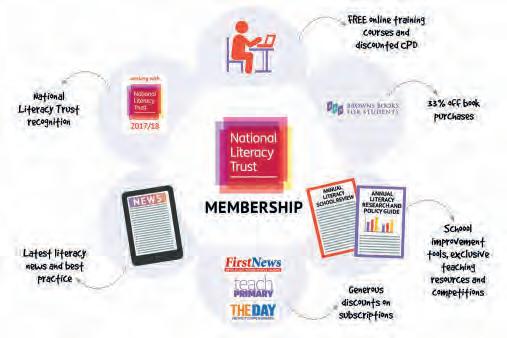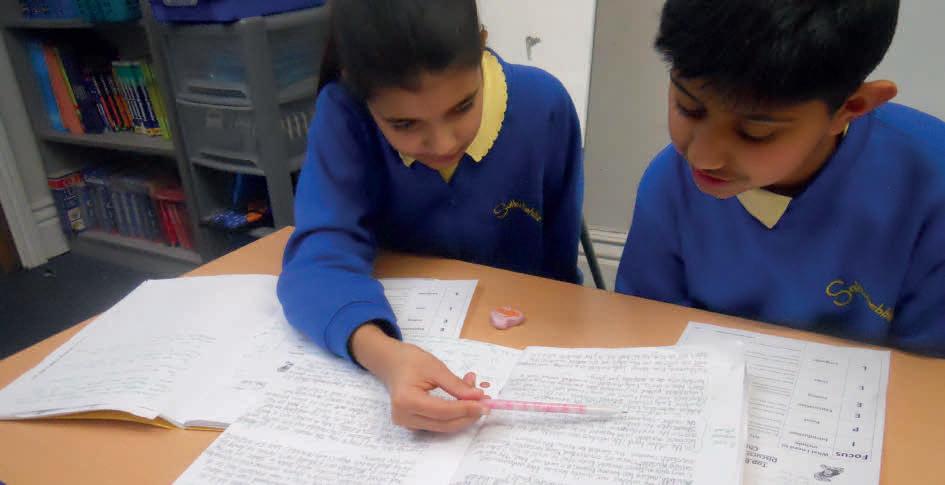Introducing peer review and scoring At this stage, it is useful to have pupils review each other’s work. Peer assessment enables children to give each other valuable feedback so they learn from and support each other. It adds a valuable dimension to learning: the opportunity to talk, discuss, explain and challenge each other enables children to achieve beyond what they can learn unaided. Peer assessment helps develop self-assessment, which promotes independent learning, helping children take more responsibility for their own progress. The agreed mark schemes provide children with clear success criteria to help them assess the quality of their work and the work of others. Talking about writing is a vital feature of the IPEELL strategy. Pupils can learn a lot from each other. Reading the work of competent writers can also provide less confident pupils with ideas for improving their own writing. Explaining how a partner might improve their writing can be challenging even for more able writers, and it makes them examine what they need to do to engage their readers. Of course, it doesn’t happen overnight and pupils will need a lot of prompts and practice to become skilful assessors of their own work or the work of others. For example: “Find one example you are really proud of and circle it. Tell your partner why you are pleased with it.”
IPEELL stage 5: Support it
67












